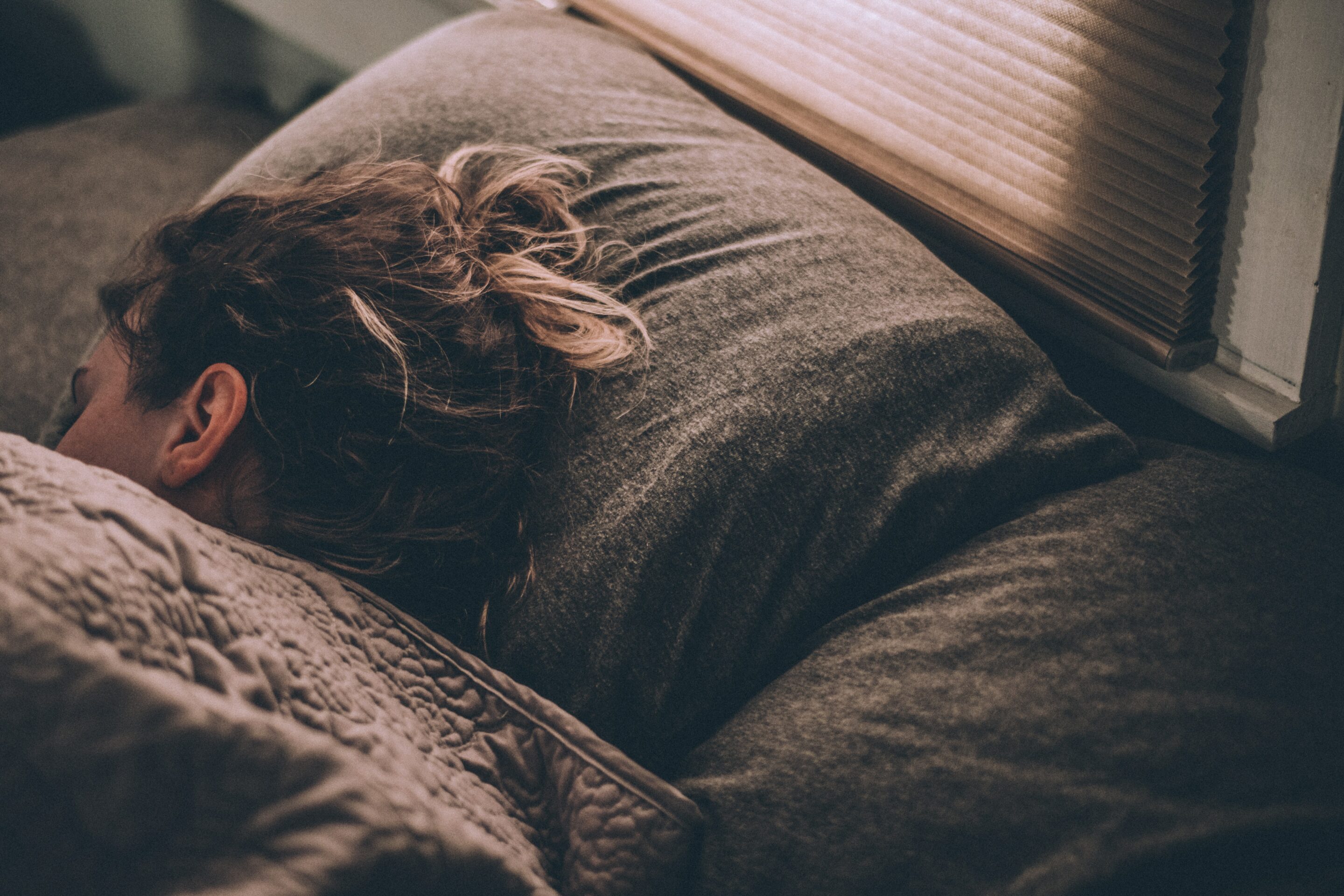Just in case you find yourself on social media, you might have seen some of our ads and promotions running. I’m the guy with the octopus on his face. The reason we’re doing this, the reason you’re seeing a chiropractor deal with some sleep medicine issues, is because I’ve partnered with a sleep medicine dentist. I honestly didn’t know that was even the thing until I met him at a conference about 2 years ago.
His name is Dr. Rick Downs, he is a nationally recognized dentist and certified in sleep medicine. He’s one of the leading experts in his field and he was a practicing dentist for 40 years with an emphasis on making sure people had an open airway. His surgeries, bite correction and even braces were implemented specifically to help his patients breathe and therefore sleep better at night. I also work with Dr. Joseph Zelk. He’s a double board certified sleep medicine specialist. So they’re my mentors, they’re my partners, and they help me facilitate the care that we perform.
So, there are two main types of apnea, central and obstructive. Central is a neurological condition. And I, as an upper cervical chiropractor, always have dealt with central nervous system disorders. Oftentimes people are dealing with central nervous system issues, sometimes called sympathetic distress or sympathetic dysfunction, simply means that your nervous system is operating in more of a “fight or flight” environment and typically, you can’t get out of it.
Everything feels a little anxious. Muscles are a little tight, hard to shut off your brain. It’s hard to really just fall into that sleep pattern. And it’s very difficult for your body to get out of that. Even if you’re in a peaceful environment like bed, you might have a hard time shutting your mind off it.
It’s hard to fully relax. You can’t really get a full deep breath, those kinds of things.
The other kind of apnea is obstructive. So literally something is obstructing your airway. Typically it’s in the throat like your tongue muscles collapsing or sometimes it’s up in the back of the nasal passages. Effectively the obstruction happens when you lay down at night because of the way your neck and throat are orientated. Day time you’re vertical, night time you’re horizontal.
The most common thing is the muscles in the throat they will actually collapse. So let’s say your throat is as big around as a golf ball and when you breathe in and out, air can move freely through that space. When you lay down though the throat kind of collapses, it narrows to the size of a marble. Now you just simply aren’t able to get air in and out as efficiently and as effectively. This causes us to struggle to inhale, to exhale, and can cause snoring.
So if either or both of these scenarios sound familiar here’s what we can offer. The first thing we can do is an IN-HOME sleep study. Where you literally pop a ring on your finger and it’ll start recording data on how you’re sleeping. You simply go home, go to bed, hit play. When you wake up, hit stop and the data gets sent to me. We analyze them here in the office and then we send them off to a third party sleep medicine specialist, Dr. Singh.
They will reach out to you, the patient, discuss the results, and then make the diagnosis and the prescription. I then can facilitate the prescription.
The main thing that sets us apart is that we’re not just trying to get people on CPAP’S. In fact, we’re trying to offer anything but that. It’s not that CPAP’S aren’t effective,they can be, but the national compliance rate for CPAP usage is below 50%.
This means for example, if 10 million people are prescribed a CPAP less than 5 million actually wear them because most people just can’t tolerate it being stuck on their face. And then of the people that do wear them, the efficiency rate is very low. A lot of people use them and still don’t feel that great.
Some people do. So I’m not saying it’s not a viable option. It is just for a lot of people, they simply can’t, or won’t wear it. And even if it were to work for them, if they’re not gonna wear the thing, it’s not gonna do any good.
Solutions we typically offer are anything from a device you would rent and use for at home therapy on yourself to get the muscles nice and strong again to nasal devices. Sometimes we can use a negative airway pressure device which is like wearing a little pacifier in your mouth and it literally lifts the tongue up off the back of the throat and opens that airway back up.
If it turns out that someone has more of a central apnea then we would recommend a course of care and correction here in the office. The goal of course is to try to stimulate a proper neurological response within the brainstem and put you into a “rest and digest” state.
Basically your brain stem (which coordinates breathing) literally forgets to send the signal to the lungs to inflate and they just exhale and don’t inhale again until you gasp for air. This is a very strong neurological signal and it’s really hard on your heart and your cardiovascular system to have to tolerate those moments in time without oxygen.
It’s very tough on the brain as well and this gasping for air all night keeps you in that “fight or flight” response. Then you wake up, exhausted and unrested from the night and have to deal with another day of “fight or flight” stimulation. That stimulation can come from your job, spouse, kids, traffic etc. This constant cycle of stress is what prevents your nervous system from falling into the “rest/digest” mode where the brain and body heal and repair from the day. If you can’t do that at night, you’re in big trouble. If this is the case, we have a corrective program that we make some pretty great progress with our patients.
Lastly, we offer a Remote Patient Monitoring (RPM) device called a Circul Plus. It’s a wearable device that fits comfortably on your finger and lets us know how your body is doing during its most critical time of repair, sleep. We get the data uploaded and stored and can measure over time, the effectiveness of your sleep, any device you’re using, and the care we provide. You’ll even get an app on your phone so you can see your progress as well!
Bottom line, if you’re not sleeping well, tired of being elbowed by your partner for snoring, or waking up feeling worse than when you went to bed, make the call and let’s talk. We can’t help everyone but it doesn’t cost anything to sit down and find out. Don’t waste another night (or day) feeling terrible and just hoping you’ll sleep better. You cannot make time back, you cannot catch up on your sleep, that’s not how it works. Let’s go over your case and at least give you some options so you have a choice. If we can’t help, we’ll be the first to refer you to someone who can
Take care and we’ll look forward to seeing you soon!

